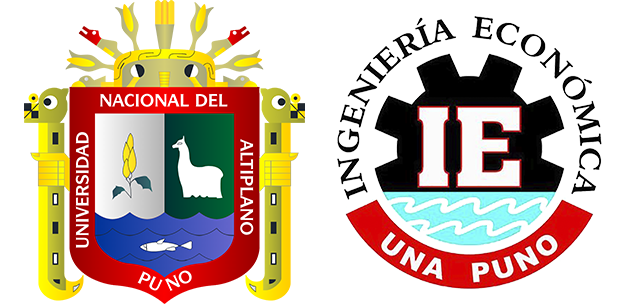¿Valor económico objetivo?
Keywords:
Religion & Economics, utility, axiology, subjective theory of value, price theoryAbstract
This is a heterodox review on the economic relationship between “utility” and “value”. Theoretical and methodological frameworks are based on the subject of Religion & Economics, with special attention given to the discussion between Christian economists and secular economists. Economics as a science is in sore modern need of Christian axiology. This relation was maintained in the West until the fall of the Moral Economy defended by the School of Salamanca. Since the advent of the utilitarian school, economists usually have used prices (and therefore money) as the numeraire for utility maximization, fallen in the capital twist, with a revival in the 1950s during the Cambridge dispute. This paper offers a solution which helps in the dialogue between religious and secular economists.















